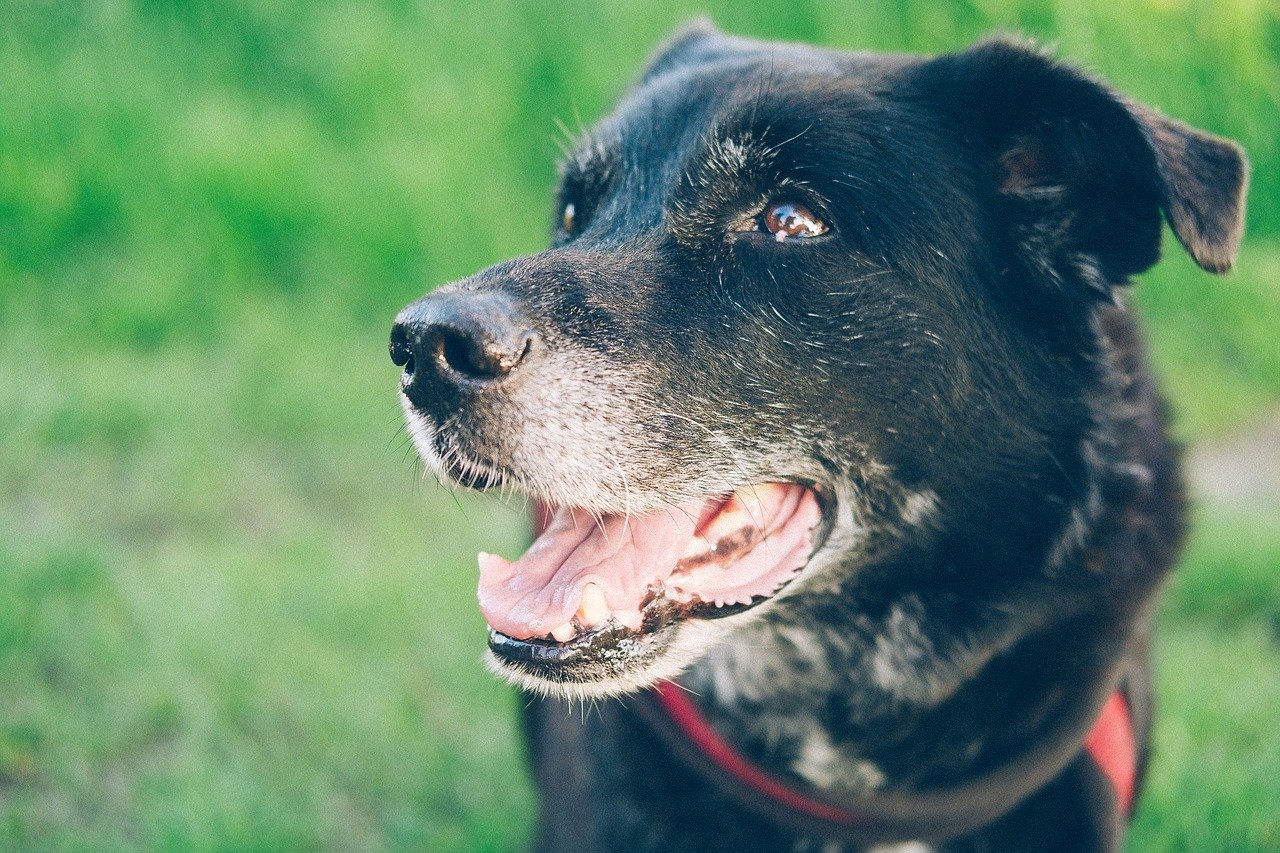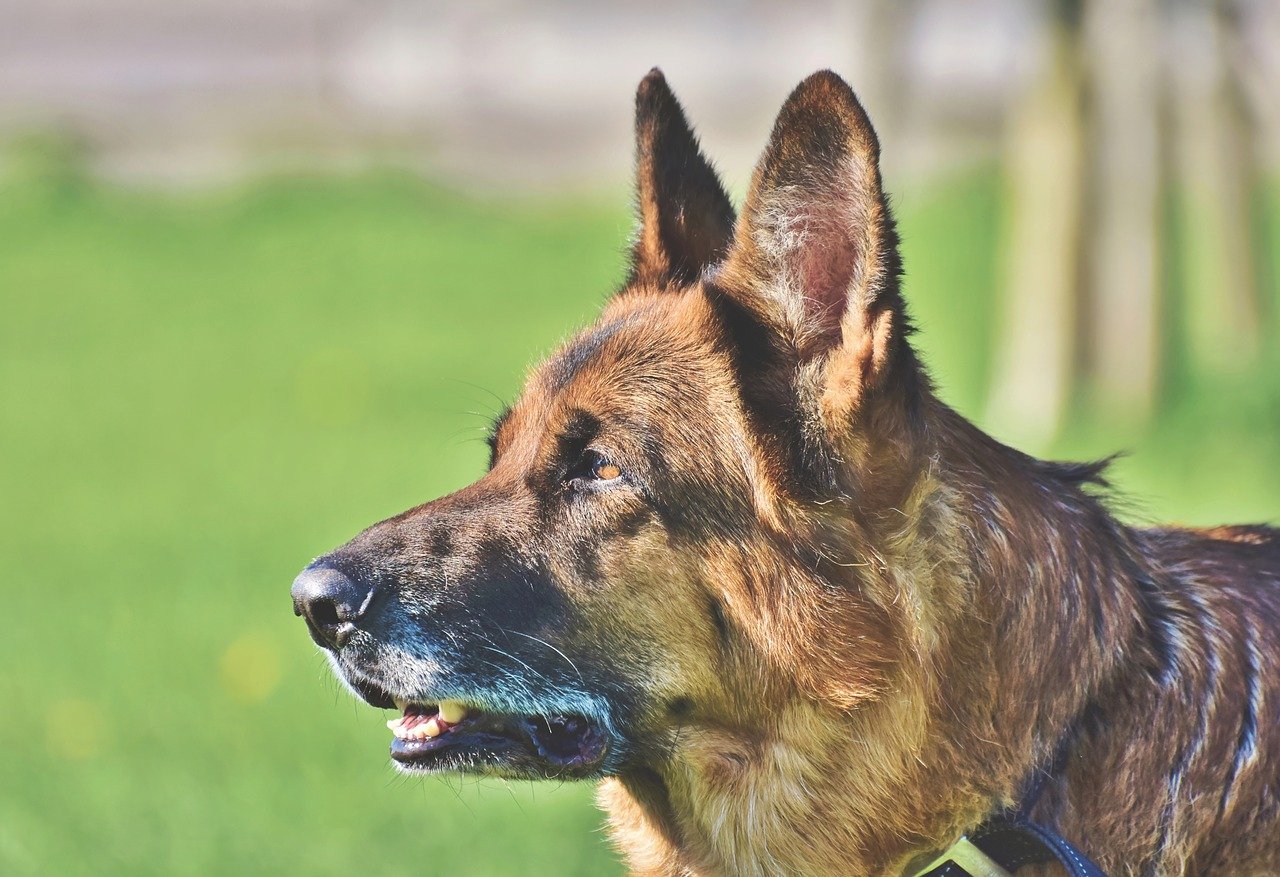Adopting a dog is a serious responsibility, and not everyone has the energy to keep up with a young puppy. Sadly, senior dogs are much less likely to be adopted than puppies and young adults. According to the ASPCA, the adoption rate for senior dogs hovers at around 25%, while the adoption rate for puppies and young dogs is roughly 60%.
Every November, pet parents nationwide celebrate National Adopt a Senior Pet Month. While this year’s celebration has come and gone, we’ve rounded up six of the most heartwarming senior dog adoption stories on the internet. Keep a box of tissues handy; these stories will tug at your heartstrings.

6 senior dogs who found their fur-ever homes
From yearly smartphone upgrades to fast fashion, ours is a society that thrives on newness. Unfortunately for many senior dogs, that holds true for family pets. Some people surrender their senior pups to shelters simply because they’re getting older. But adopting a senior dog comes with perks, too. Many older dogs are housebroken, know basic commands, and have already adjusted to living with human family members. (They’re also less likely to eat your shoes.) Here are six wonderful senior dogs who’ve finally found their forever homes.
#1: John
With the help of Susie’s Senior Dogs, a nonprofit organization that specializes in finding homes for senior pooches, John, an 8-year-old Chow/Shepherd mix, relocated from the bustling city of New York to rural Massachusetts with his new fur papa, Mark. John was heavy-set, suffered from a skin condition, and battled stomach issues before Mark adopted him. Thanks to a healthy diet and medicated baths, John is now happy and healthy. Mark says John “is the most gentle, loving and friendly dog we could imagine. John was already well-mannered and well potty trained. He sleeps well at night and holds it all night without a problem…” Congratulations, John. (And thank you, Mark!)
#2: Ace
At a wizened 19-years-old, Ace, a cattle dog mix, needed to be rehomed after the Kincade Fire that ravaged the Sonoma area. Ace eventually found his way to Sacramento’s SPCA and soon met Bonnie, his new foster mother. Ace and Bonnie didn’t hit it off at first, but he gradually warmed to her several weeks into his stay. Numerous would-be pet parents applied to adopt Ace, but fate had another plan. Bonnie made the decision to adopt Ace herself, stating, “He’s already a family member, so this was just making it official.” While keeping all the dogs you foster is generally frowned upon, we know Ace is smiling.

#3: Beso
In another “foster failure” story, we meet Beso (Spanish for “kiss”), a 14-year-old Chihuahua in poor health. With his all-white body and dark gray ears and muzzle, Beso is a striking older pup with a heart of gold. His foster mom, Ellen, having already adopted another American Humane Society dog named Jango, thought Beso seemed near the end of his life and wanted to make his remaining days comfortable. When she saw him cuddling up with her 2-year-old son and Jango, she decided to adopt him. The best news? Over four years after his adoption, little Beso is still going strong!
#4: Choli
When Deb Vanneman read Choli’s biography on Petfinder.com, she promptly flew from New Jersey to Texas to meet her new fur baby. But the bio was misleading. Instead of the five-pound, 5-year-old dog she expected, Deb met a seven-pound, 10-year-old dog. Choli was missing an eye and several teeth, and her jaw had been broken so severely that her tongue protruded from her mouth more often than not. The long-suffering Choli also had a BB embedded in her leg and a faint heart murmur. Rather than turning her away, Deb took Choli home. Despite suffering from arthritis and a heart murmur, Choli has traveled the United States—and even visited France—with her new forever family. We’re so happy that Choli and Deb found each other!
#5: Nina
A 10-year-old German shepherd, Nina was surrendered to the Longmont Human Society when her owners could no longer afford her care. Nina was suffering from bad hips, several broken teeth, an ear infection, and mammary cancer. After receiving surgery thanks to generous donations made in her name, Nina’s cancer was successfully treated. Now Nina has full run of a family farm. Well, she has to share it with her new brothers, three Great Pyrenees, but we don’t think she minds.
#6: Donald
When 83-year-old Irene became a widow and relocated to South Carolina to live closer to family, she wasn’t looking for love. However, love found her at the Charleston Animal Society in the form of a black senior poodle named “Stormy.” Despite being completely blind, emaciated, and suffering from heartworms, Stormy won Irene over in a matter of seconds. “I knew it was meant to be,” Irene says. Deciding the name didn’t suit him, Irene renamed her new fur baby Donald. The newly minted Donald has settled into his forever home effortlessly. According to Irene, he “walks well on a leash and needs very little guidance not to bump into trees or benches on walks.” Congratulations, Irene! We’re so happy you and Donald have each other.

While we wish every senior dog’s story had a happy ending, many older dogs are surrendered to shelters every year. Because they’re less likely to be adopted than younger dogs, most senior dogs will live out their days in shelters. But we can change that. The next time you adopt a dog, consider adopting a senior.



